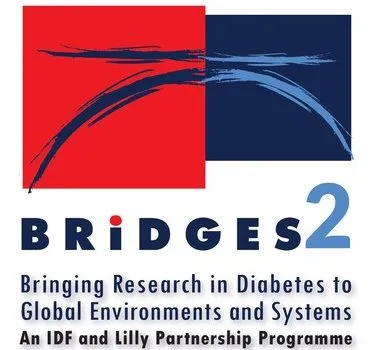The International Federation of Diabetes (FID) and Lilly have joined to continue with the second phase of the Translation Research Program 'Bring the research in diabetes to environments and systems around the world' ('Bridges', for its acronym inEnglish) for translational research projects in diabetes.
Specifically, the initiative will be based on the work done and the lessons learned during the initial phase of the program, which was in operation between 2007 and 2015. The program will finance and replicate a selection of projects of the first phase, emphasizing preventionSecondary diabetes and in an outstanding participation of local public health authorities.
"Our goal is to move based on the evidence of the first phase of 'Bridges' to other contexts and countries to improve the lives of people living with diabetes," said the president of the Executive Committee of 'Bridges 2', Robert A. Gabbay.
This will allow the implementation of approaches and interventions of demonstrated efficacy in the care of diabetes.In addition, 'Bridges 2' will continue to be based on the achievements of the initial phase of the program, which gave rise to 41 diabetes prevention and treatment projects in 36 countries.
"Disseminate the best practices to those who need it most"
"The 'Bridges' program has been a valuable tool that has contributed important conclusions about the treatment of diabetes and we hope to continue this work," added the medical director of Diabetes in Lilly, Jesús Reviriego.
All subsidy proposals will be reviewed by pairs and prioritized by a multidisciplinary external review committee under the coordination of the FID.An Executive Committee composed of experts designated by the FID and Lilly will determine the selection of projects and the types of subsidies that will be available.
"From the FID we are proud of the achievements of the first phase of 'Bridges' and we are excited about the opportunity to replicate the findings of the completed projects. We want to spread the best practices to those who need it most and help shape a worldBetter for the millions of people who currently live with diabetes and the many more at risk of suffering from it, "said FID president Shaukat Sadikot.


